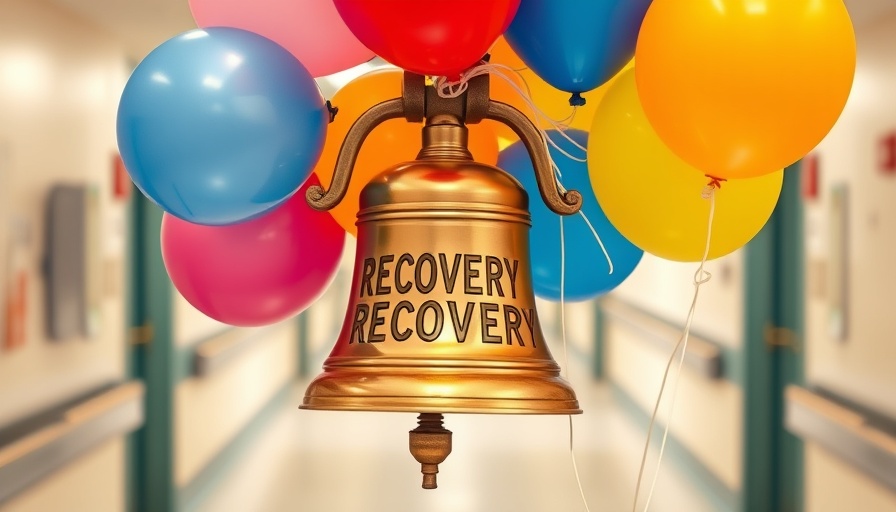
Understanding Why Hair Thinning Is Not Just an Aging Concern
In the recent video, Thinning Hair? It’s NOT Your Age!, the discussion challenges a long-held belief that hair thinning is a natural consequence of aging. While it's often brushed aside as an inevitable part of getting older, many other factors play a crucial role in this common issue. The idea that hair loss is strictly tied to our years is not only misleading but can also obscure potential remedies and healthy practices that can contribute to hair health.
In Thinning Hair? It’s NOT Your Age!, the discussion dives into the various underlying factors affecting hair health, prompting us to offer a deeper analysis.
Factors Influencing Hair Health Beyond Age
Hair loss can be attributed to a variety of factors that can impact anyone, regardless of how many candles are on their birthday cake. Stress, hormonal changes, nutritional deficiencies, and medical conditions like thyroid disorders can significantly contribute to thinning hair. In many cases, addressing these underlying factors can lead to noticeable improvements in hair density and health.
The Importance of Nutrition for Hair Growth
One of the most surprising ways to combat hair thinning is through diet. A balanced diet rich in vitamins and minerals can serve as the foundation for a healthy mane. Essential nutrients like biotin, zinc, iron, and vitamins A, C, and D are pivotal for hair growth. Foods like spinach, sweet potatoes, and eggs provide these nutrients, encouraging healthier hair from the root up.
Stress: The Silent Thief of Your Hair
It’s no secret that stress can wreak havoc on our bodies, but many may not realize its direct impact on hair health. Stress induces a condition called telogen effluvium, where hair follicles enter a resting phase, leading to increased hair fall. Practicing stress-relief techniques such as meditation, yoga, or deep breathing can help improve both mental well-being and hair health.
Mindfulness and Its Connection to Hair Regrowth
Taking a holistic approach to hair health aligns well with the modern trend of prioritizing mental health. Mental well-being significantly affects physical health, and practicing mindfulness not only calms the mind but can facilitate healthy hair growth. Incorporating practices that promote a serene state of mind can potentially reverse the effects of stress on our hair.
Implementing Effective Hair Care Routines
Beyond nutrition and mental health, adopting the right hair care routines can be transformational for people facing thinning hair. Using gentle shampoos, avoiding excessive heat styling, and incorporating hair oils can significantly improve the condition of your hair. Furthermore, regular scalp massages can help increase blood circulation to hair follicles, promoting growth and strength.
Myths and Misconceptions about Hair Loss
A common misconception is that hair loss only affects men. While male pattern baldness is more visibly recognized, women also suffer from hair loss, which can often be even more socially stigmatized. Recognizing that hair issues transcend gender can pave the way for broader discussions and solutions available to everyone, fostering an inclusive conversation about hair health.
Creating a Supportive Environment
Finally, it’s essential to foster a supportive community around our shared experiences with hair thinning. Whether through social media, local groups, or family connections, sharing stories and advice can empower others facing similar challenges. Building a network can help individuals feel less isolated, promoting a sense of belonging that contributes positively to mental health.
In conclusion, while the video Thinning Hair? It’s NOT Your Age! offers a refreshing perspective on hair loss, it invites us to explore deeper issues that complicate hair health. By understanding the various factors influencing hair thinning beyond age, we can all contribute to healthier hair outcomes and overall well-being. Embrace this knowledge and take proactive steps toward addressing your hair health!
 Add Row
Add Row  Add
Add 



Write A Comment